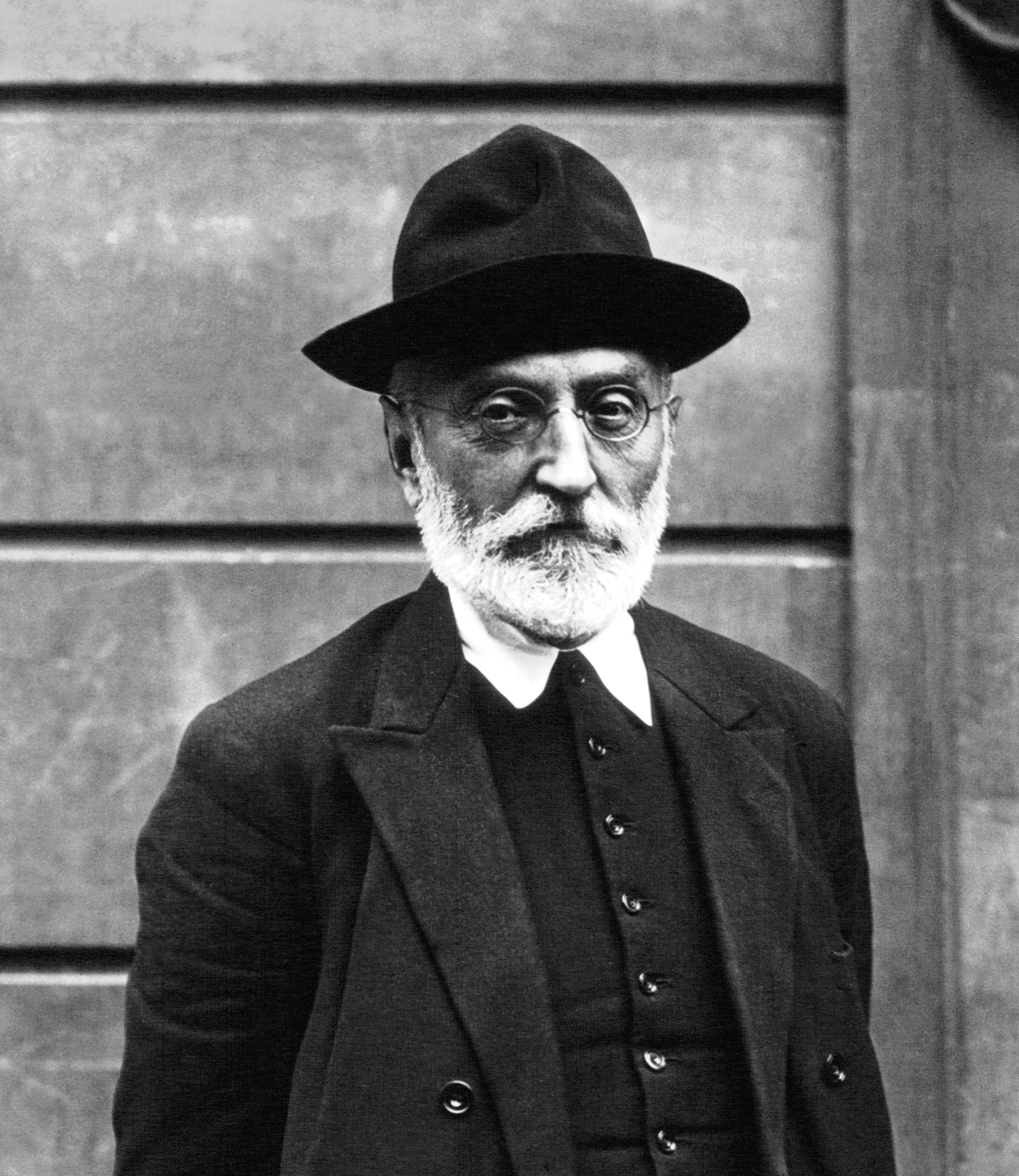„Je smutné nebyť milovaným, ale je ešte smutnejšie nebyť schopným milovať.“
Mladému spisovateľovi
Potvrdené výroky
Miguel de Unamuno y Jugo bol španielsky filozof a spisovateľ, predstaviteľ existencializmu. Vychádzal z Pascala, Kierkegaarda a Nietzscheho. V jeho názoroch prevažuje pesimizmus.

„Je smutné nebyť milovaným, ale je ešte smutnejšie nebyť schopným milovať.“
Mladému spisovateľovi
Potvrdené výroky
Dve matky
Potvrdené výroky
Varianta: Aj diabol je anjelom. Dve matky
„Život treba merať väčšmi podľa hĺbky než podľa dĺžky, väčšmi myslením než časom.“
Varianta: Život treba merať väčšmi podľa hĺbky, než podľa dĺžky, myslením a konaním väčšmi, než časom.
„Láska je dieťaťom ilúzie a matkou dezilúzie.“
Potvrdené výroky
Zdroj: [KOTRMANOVÁ, Milada.: Perly ducha. Ostrava: Knižní expres, 1996 ISBN 80-902272-1-X]
„Izolácia je najhorší možný poradca.“
Civilization is Civilism
Potvrdené výroky
Varianta: Izolácia je najhorší možný poradca. Civilization is Civilism
„Viera čo nepochybuje je mŕtvou vierou.“
La Agonía del Cristianismo. Agónia Kresťanstva.
„Títo strašní sociológovia, ktorí sú astrológmi a alchymistami nášho dvadsiateho storočia.“
Fanatický skepticizmus
Potvrdené výroky
The Tragic Sense of Life (1913), Conclusion : Don Quixote in the Contemporary European Tragi-Comedy
The Tragic Sense of Life (1913), I : The Man of Flesh and Bone
The Tragic Sense of Life (1913), V : The Rationalist Dissolution
The Tragic Sense of Life (1913), XI : The Practical Problem
The Tragic Sense of Life (1913), X : Religion, the Mythology of the Beyond and the Apocatastasis
The Tragic Sense of Life (1913), IX : Faith, Hope, and Charity
The Tragic Sense of Life (1913), Conclusion : Don Quixote in the Contemporary European Tragi-Comedy
The Tragic Sense of Life (1913), Conclusion : Don Quixote in the Contemporary European Tragi-Comedy
The Tragic Sense of Life (1913), I : The Man of Flesh and Bone
The Tragic Sense of Life (1913), VII : Love, Suffering, Pity
How much substantial truth there is in these gloomy confessions of this man of painful sincerity.
The Tragic Sense of Life (1913), III : The Hunger of Immortality
“To believe in God is to yearn for His existence and, furthermore, it is to act as if He did exist.”
The Tragic Sense of Life (1913), V : The Rationalist Dissolution
Kontext: To believe in God is to long for His existence and, further, it is to act as if he existed; it is to live by this longing and to make it the inner spring of our action.
Kontext: To believe in God is to long for His existence and, further, it is to act as if he existed; it is to live by this longing and to make it the inner spring of our action. This longing or hunger for divinity begets hope, hope begets faith, and faith and hope beget charity. Of this divine longing is born our sense of beauty, of finality, of goodness.
The Tragic Sense of Life (1913), III : The Hunger of Immortality
The Tragic Sense of Life (1913), I : The Man of Flesh and Bone
The Tragic Sense of Life (1913), II : The Starting-Point
Ritschl, Geschichte des Pietismus, book viii., 43
The Tragic Sense of Life (1913), XI : The Practical Problem
The Tragic Sense of Life (1913), Conclusion : Don Quixote in the Contemporary European Tragi-Comedy
The Tragic Sense of Life (1913), X : Religion, the Mythology of the Beyond and the Apocatastasis
The Tragic Sense of Life (1913), Conclusion : Don Quixote in the Contemporary European Tragi-Comedy
The Tragic Sense of Life (1913), Conclusion : Don Quixote in the Contemporary European Tragi-Comedy
The Tragic Sense of Life (1913), I : The Man of Flesh and Bone
The Tragic Sense of Life (1913), IV : The Essence of Catholicism
The Tragic Sense of Life (1913), IV : The Essence of Catholicism
The Tragic Sense of Life (1913), VII : Love, Suffering, Pity
The Tragic Sense of Life (1913), VI : In the Depths of the Abyss
The Tragic Sense of Life (1913), V : The Rationalist Dissolution
